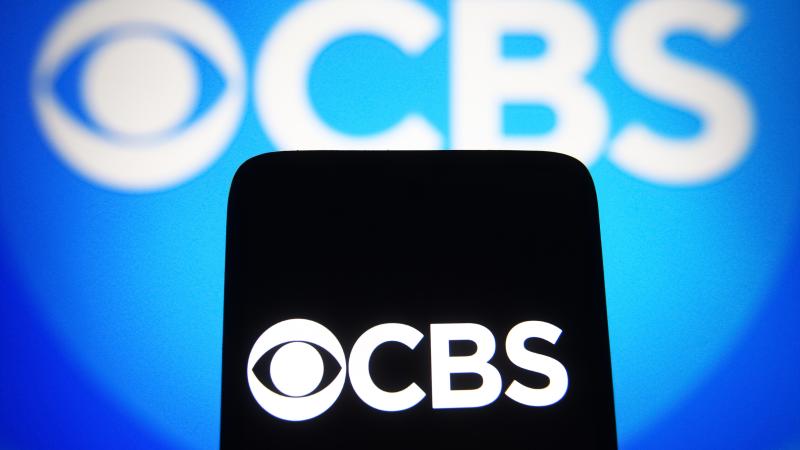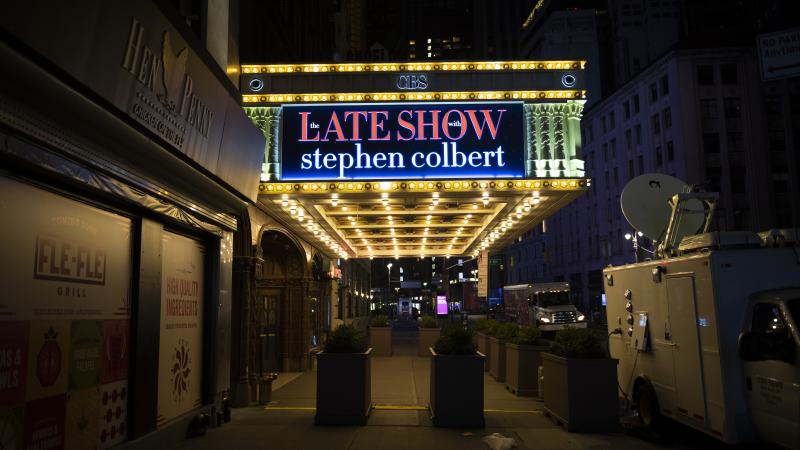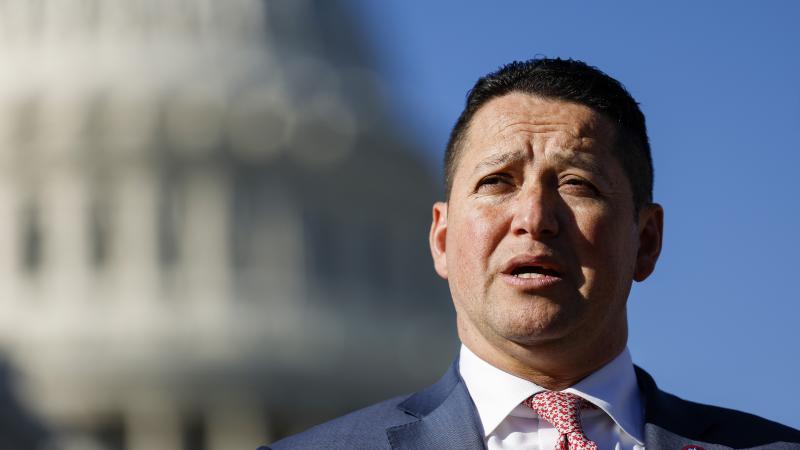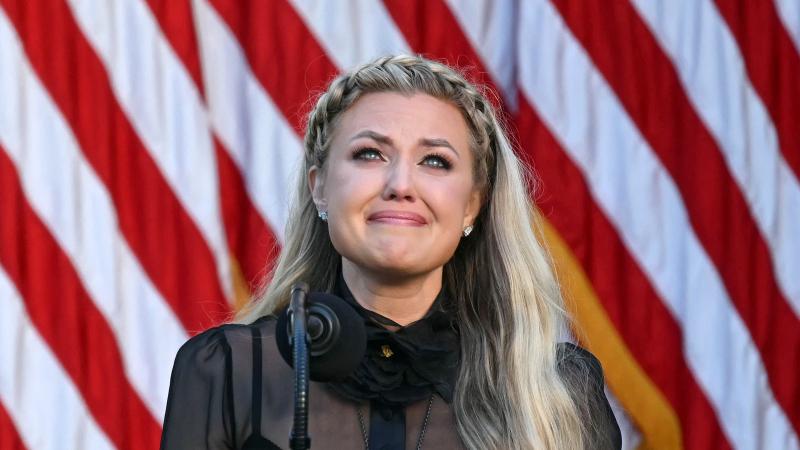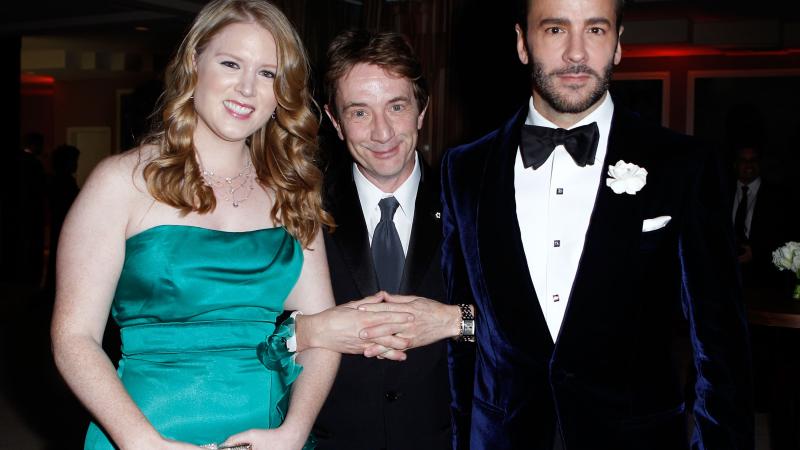'Oops! ... I did it again!' Establishment media forced into major recent retractions
NPR, The New York Times, The Washington Post and Rolling Stone have all issued major corrections over the past week.
Establishment media outlets, including NPR and The Washington Post, have been forced to issue major retractions in recent days, correcting misreporting on matters ranging from FBI whistleblowers to how President Joe Biden's son Beau Biden died.
NPR was forced to issue a correction Saturday to clarify that Beau Biden died from brain cancer in 2015, not from injuries he received while stationed with the military in Iraq and Afghanistan, as stated in the original report.
The public outlet is not the only source to misrepresent Beau Biden's death. The president himself has previously claimed that his late son died in Iraq, not from cancer.
NPR also walked back a claim in an article last month headlined "Speaker McCarthy leads first border trip in his new role. Critics call it a photo op." The piece inaccurately reported that no Democrats attended a hearing at a Texas border town, bolstering critics' claims that House Speaker Kevin McCarthy and other Republicans were using the border visit to generate media coverage.
"In fact, some Democrats attended," NPR later clarified.
The New York Times, the Washington Post and Rolling Stone all issued corrections to articles over the weekend about a Democrat House Judiciary Committee report criticizing Republican whistleblowers and GOP-led House investigations.
The Times admitted Saturday it had incorrectly stated that FBI whistleblower Stephen Friend worked for the Center for Renewing America, largely funded by former President Donald Trump's chief of staff Mark Meadows' Conservative Partnership Institute, in an article headlined "G.O.P. Witnesses, Paid by Trump Ally, Embraced Jan. 6 Conspiracy Theories." The Times issued a correction stating: "The center is affiliated with the institute and sustained mostly by donations; it is not largely funded by the institute."
Rolling Stone corrected an inaccurate claim regarding former FBI analyst George Hill, whose attorney Jason Foster says retired from the agency on "good terms."
Rolling Stone reported originally that Hill’s FBI security clearance had been “revoked” when in fact it was in good standing. The magazine said it mistook Hill for another whistleblower, Steve Friend, whose clearance had been suspended for a review but not revoked either.
"This story has been corrected to reflect that Steven Friend's security clearance was suspended and George Hill retired of his own volition," Rolling Stone stated.
"Obviously, they couldn't keep the details of George Hill's and [Stephen Friend's] cases straight," Foster tweeted. "So, they just blended them together with some fiction out of thin air about how Hill had to retire because his clearance was revoked and he couldn't find work anymore."
Rolling Stone has been called out before for media ethics issues.
In November 2014, the magazine published an article titled "A Rape on Campus" claiming that a University of Virginia student was the victim of a fraternity gang rape. The story was retracted in April 2015, and the outlet lost a defamation lawsuit brough by a university official and settled other cases with the fraternity and some of its members.
The Columbia Journalism Review said at the time that "Rolling Stone needs a transparency lesson" and the outlet "damaged the credibility of an important movement" bringing attention to sexual assault.
The Washington Post, which still uses the slogan "Democracy Dies in the Darkness," has issued an alarming number of corrections this year alone to stories dealing with conservatives.
Most recently, the outlet issued a correction to a Friday article headlined "Democrats challenge credibility of GOP witnesses who embrace false Jan. 6 claims," stating: "An earlier version of this article erroneously said former FBI official Stephen Friend had not reported to a supervisor one of his concerns related to the use of a SWAT team in arrests related to the Jan. 6, 2021, riots. He said he did tell the supervisor, but he did not mention it in a written declaration."
Previously, the Post issued an undated correction to a 2020 article headlined "Tom Cotton keeps repeating a coronavirus fringe theory that scientists have disputed," which criticized the Arkansas Republican senator for speculating that COVID-19 originated from a Chinese lab leak. The theory has since been found credible by the Energy Department and the FBI, and the Post added to its article: "The term 'debunked' and The Post's use of 'conspiracy theory' have been removed because, then as now, there was no determination about the origins of the virus."
In January, the Post was forced to issue a correction to a story about conservative activist Chris Rufo, who said the paper published "flat-out lies" in an article headlined "DeSantis moves to turn a progressive Fla. college into a conservative one."
"A previous version of this story called Christopher Rufo a Republican activist who denies the existence of systemic racism," the Post wrote in a correction. "He is a conservative activist who has said American law is not currently discriminating against racial minorities."
The recent corrections from these outlets follow several high-profile media corrections regarding claims about COVID-19 and the since-disproven Steele dossier alleging then-candidate Trump colluded with Russia to win the 2016 election.

